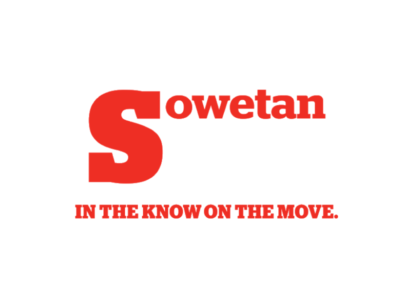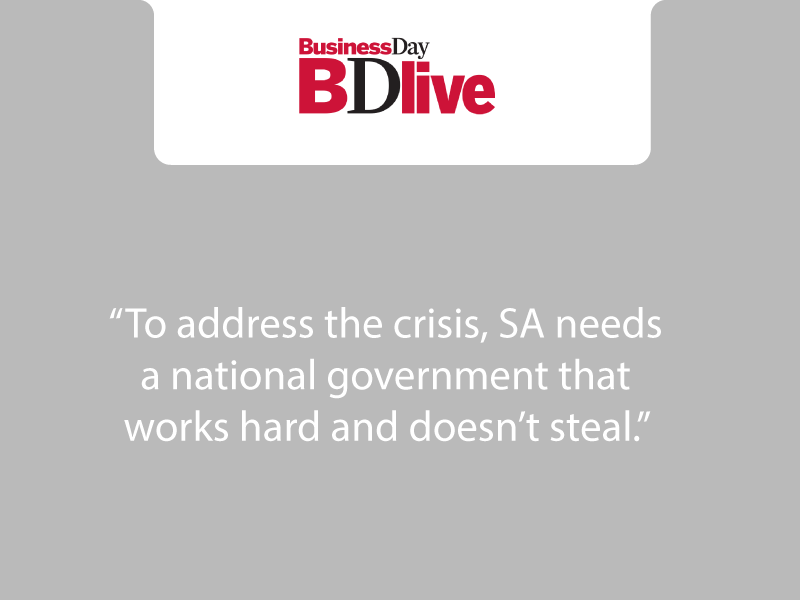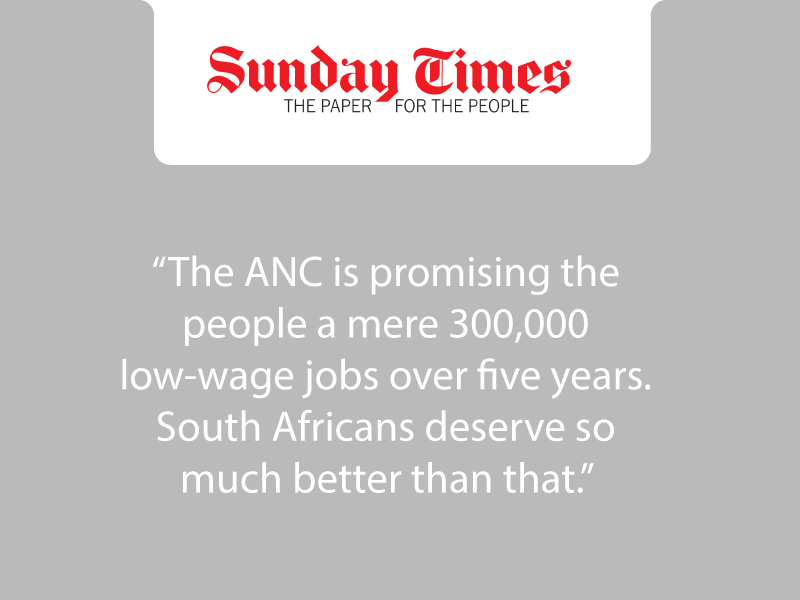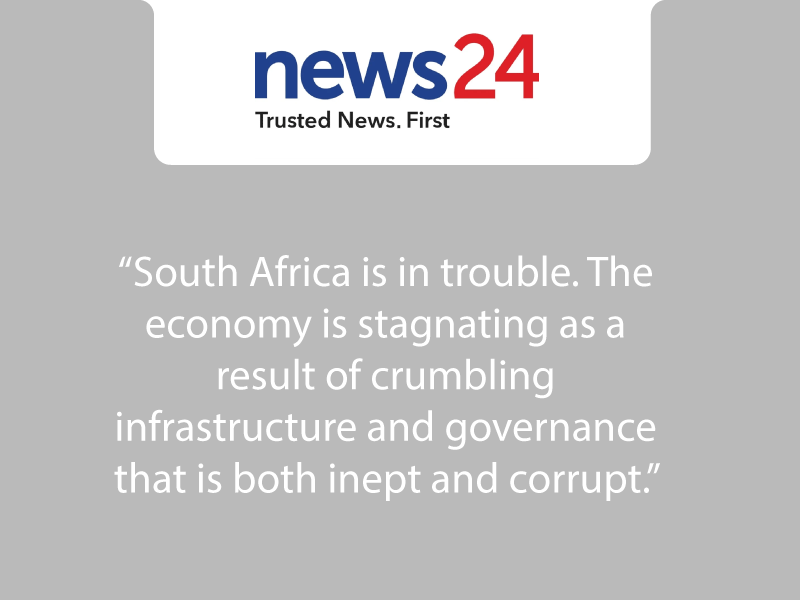
Does this sound familiar? In many American cities, results are getting worse, and many schools are failing to achieve acceptable standards. Teachers are unionised, and use the political power of the labour movement to lobby for and achieve conditions of service under which they have relatively low working hours, relatively good pay and little or no chance of being fired for bad teaching or even for drunkenness in class.
Many teachers do not fully understand their subjects and have not mastered basic teaching methods. Complicated and fashionable outcomes-based educational theories have replaced simple learning of essential skills like reading and arithmetic. The result? The best teachers flee to private schools and those pupils whose parents can afford to pay the fees follow them to the suburbs.
Most South African parents will recognize this picture. Most of South Africa’s schools are failing. The average reading and writing score in Grade 3 is 39 per cent. The average maths score is 30 per cent. Middle class and rich parents already send their children to private and ‘Model C’ schools, and many poorer parents make huge sacrifices to pay the fees of private schools. But most South African parents just don’t have the money to do this, and so their children have to attend the local township school where a good education is often impossible to find.
The question we should ask is this: Why is freedom of choice with respect to schooling something we restrict to the middle class, the rich and the powerful? If the children of ceos and cabinet ministers can go to the best schools in the country – private, church, or leading government schools – why can’t the children of the poor go to the best schools in their city or neighborhood?
The obvious answer is ‘because they can’t afford it.’
In some American cities, the local education authorities or private companies are doing something about this. In the city of Milwaukee, for instance, poor parents can apply for a voucher from the city to pay fees and other costs associated with their child at a school of their choice. These publicly funded education coupons empower poorer parents to seek out the best education for their children just as richer parents already do with their own money. Since 1992 the voucher system has expanded every year and a recent poll showed that 95 per cent of the poorest (mainly black) residents approved of vouchers. Across America, there is now great demand for vouchers. The privately funded Children’s Scholarship Fund received 1.25 million applications for 40,000 vouchers to attend private schools in 1999. Seventy-five per cent of all African-Americans support the idea of vouchers even when vouchers are not available where they live.
The results of voucher-funded schools are impressive. Look at Bruce-Guadalupe, an independent Catholic school in Milwaukee: 150 of their 500 pupils are financed through vouchers. The school has resisted the unionization of its staff. Salaries are agreed between the principal and each teacher. With the support of teachers, the school offers a longer school day than the government schools and teachers report two weeks before school opens each year to deal with administrative issues and undergo training. In grade 3, 81 per cent of pupils scored at or above the grade level in every subject on the state’s standardized tests. This is better than most public schools and equal to many private suburban schools.
Similar results have been seen throughout the United States. Research in three other cities
– Indianapolis, St. Louis and San Antonio – has shown that the mainly poor and black parents who take advantage of vouchers value the high educational quality, good discipline, positive atmosphere, safety and religious values found in voucher-funded schools.
And the voucher programme creates increased competition between schools that helps not only voucher pupils but all pupils. Just as more competition in the cellphone market improves the deals on offer, so increased competition in the school market helps to improve all schools. In the United States state of Arizona, for instance, government school districts that were losing pupils to voucher-funded schools have begun to ask parents why they are using vouchers to remove their children and are trying to improve the educational service they provide.
Lessons for South Africa
Surely the time has come for South African parents and education officials to learn the lessons from this new idea that has assisted many poor (and mostly black) pupils in the United States.
There are, of course, major differences between the educational challenges faced in the United States and those we face in South Africa. But there are also some striking similarities. In both countries, the middle class – black and white – now chooses the best school they can for their children. In both countries, many (if not most) poor black children have no choice but to attend low-quality schools. In both countries, the private sector has a long tradition of generous social responsibility spending.
In the United States, city and state governments, companies, charities and NGOs have found that voucher programs are effective.
As a nation, we should begin to experiment with education vouchers. And Gauteng would be an ideal place to start because it already boasts a vibrant and expanding private education sector that could and should be expanded to embrace poorer people by means of vouchers.
- Ann Bernstein is the executive director of the Centre for Development and Enterprise. This article is based on the CDE publications ‘The new urban paradigm – a radical departure in urban management’, and ‘Creating urban citizens – Stephen Goldsmith and America’s new urbanism in the city of Indianapolis’ (May 2003).




